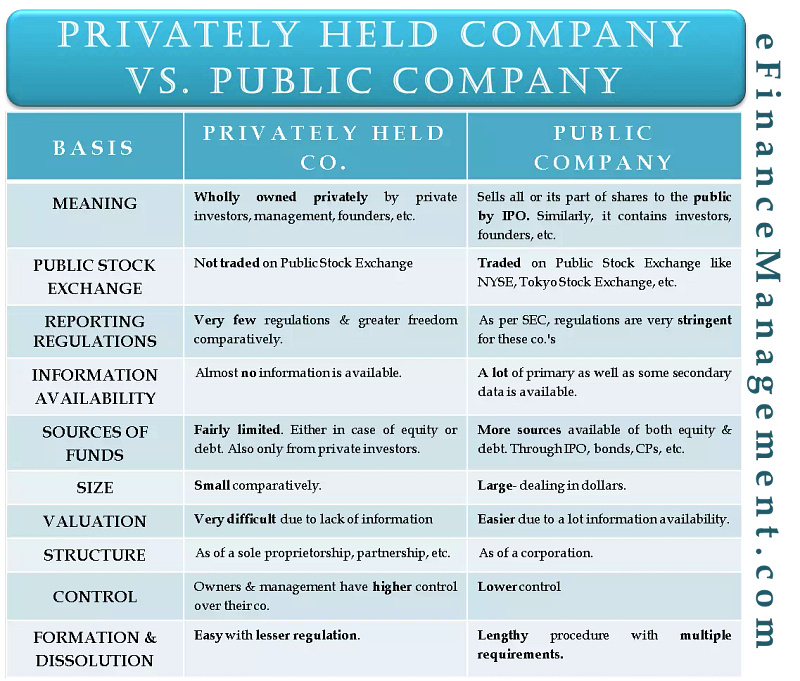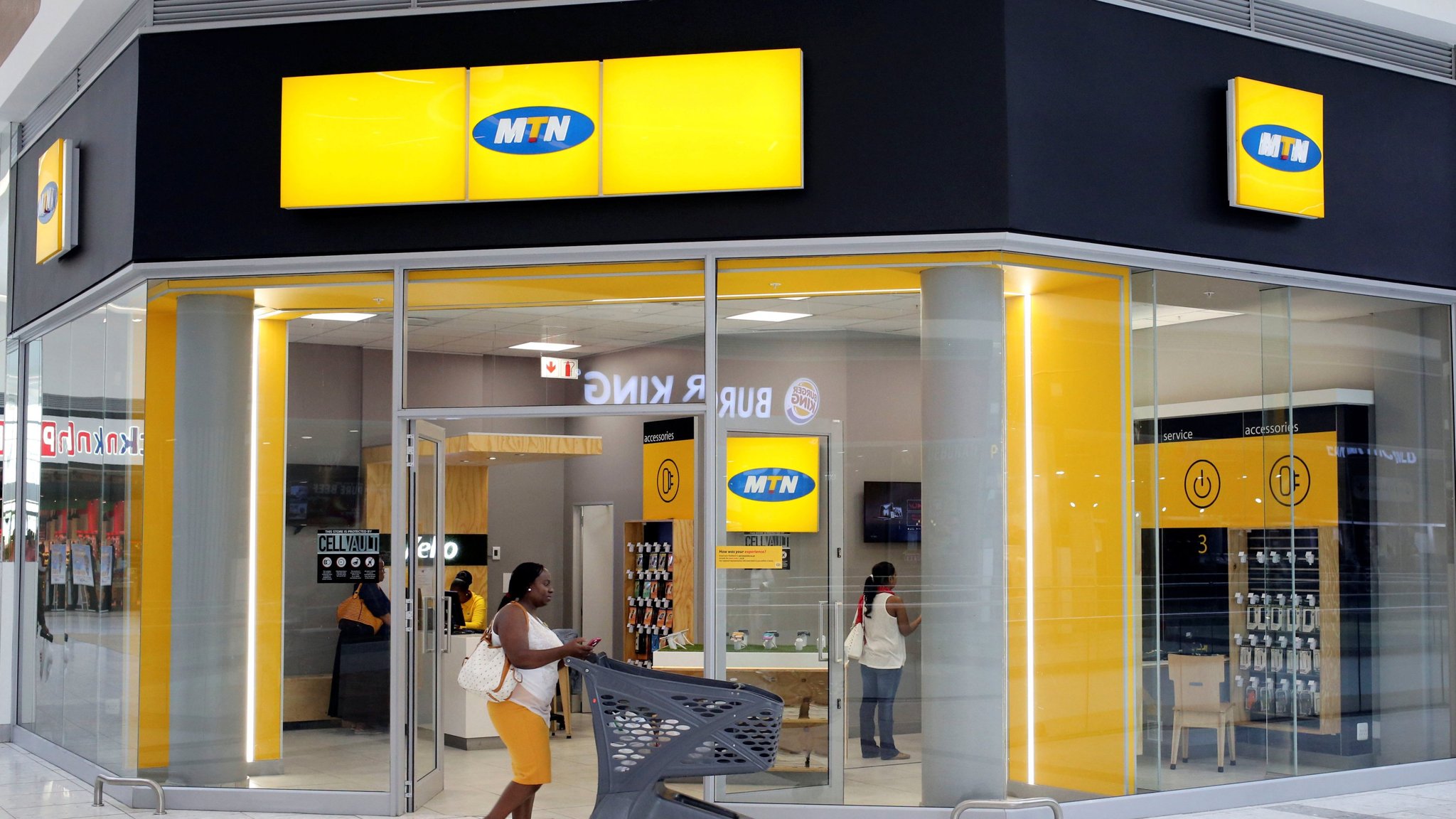Key Reasons Why Bundle Africa Ceased Exchange Operations
In a significant shift of focus, Bundle Africa, the prominent social payments app for cash and cryptocurrency, recently announced the closure of its exchange services after three years of operation. This decision, made by the company’s shareholders, comes as part of a strategic effort to restructure the business and adapt to the evolving needs of the crypto ecosystem. Instead of its exchange services, Bundle Africa will now concentrate on its peer-to-peer platform, Cashlink. This move reflects the growing influence of Web3 and the blockchain community, prompting the company to align its services with the demands of the dynamic digital landscape. In this article, we delve into the key reasons behind Bundle Africa’s decision to shut down its exchange operations and explore the broader context of Africa’s rapidly expanding crypto market.

- Restructuring for Focus on Cashlink: After three years of operations, Bundle Africa decided to shut down its exchange services. The company’s shareholders made this decision to restructure the business. Instead of continuing its exchange services, Bundle will now concentrate on its peer-to-peer platform called Cashlink.
- Emphasis on Web3 and Blockchain: The company cited the growth of the Web3 and blockchain community as a key factor in its decision to focus on payment solutions that meet the ecosystem’s needs. Cashlink, as a peer-to-peer platform, aligns better with the evolving requirements of the blockchain community.
- Shifting User Base and Volume: Bundle Africa reported a significant milestone with 50,000 monthly active users and a $50 million monthly volume on its exchange services. This indicates a growing interest in crypto and digital assets within Africa.
- Closure of Exchange Operations in African Crypto Industry: Bundle’s cessation of operations reflects a broader trend in the African crypto industry, where some startups faced challenges and had to make difficult decisions. For instance, Nestcoin, a Nigerian crypto startup, faced issues related to the collapse of FTX, leading to layoffs. Fluidcoins, another Nigerian crypto startup, was acquired by Bitfinex after failing to raise sufficient funds to continue operations. Lazerpay, a web3 and crypto payment company, also shut down due to funding difficulties.
- Leadership Changes: In 2021, Yele Bademosi, the founder of Bundle Africa, stepped down as CEO to explore other opportunities and areas that required support within the African crypto community. Emmanuel Babalola, the current director of Binance Africa, took over as the interim CEO of Bundle. This could have also influenced or frustrated the vision and mission of the company.
- Regulatory Challenges: Despite the crypto market’s growth in Africa, there have been regulatory challenges. For example, Nigeria’s markets regulator ordered Binance to halt operations in the country, and there were ongoing discussions about regulating digital assets.
Charles Rapulu Udoh

Charles Rapulu Udoh is a Lagos-based lawyer, who has several years of experience working in Africa’s burgeoning tech startup industry. He has closed multi-million dollar deals bordering on venture capital, private equity, intellectual property (trademark, patent or design, etc.), mergers and acquisitions, in countries such as in the Delaware, New York, UK, Singapore, British Virgin Islands, South Africa, Nigeria etc. He’s also a corporate governance and cross-border data privacy and tax expert.
As an award-winning writer and researcher, he is passionate about telling the African startup story, and is one of the continent’s pioneers in this regard


















